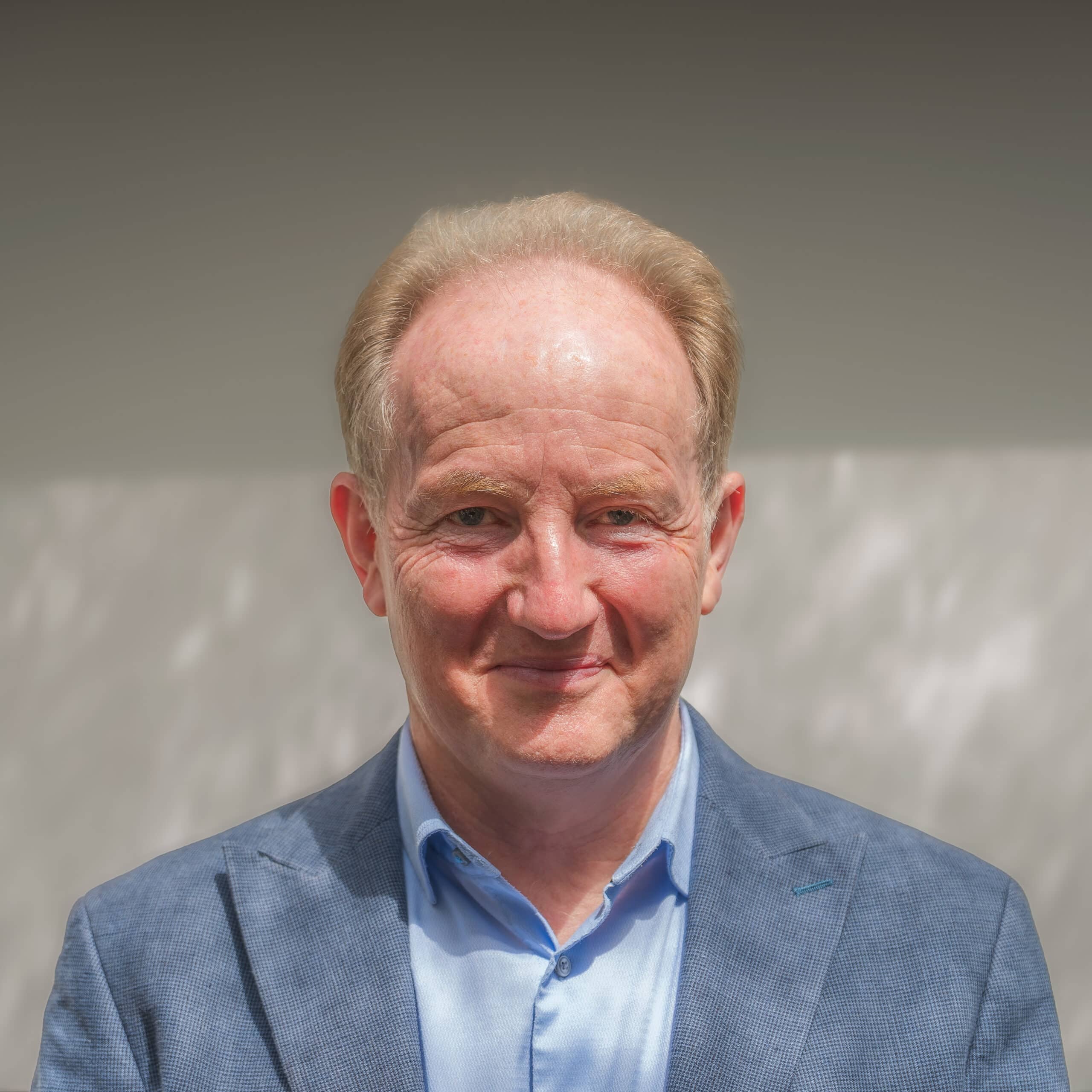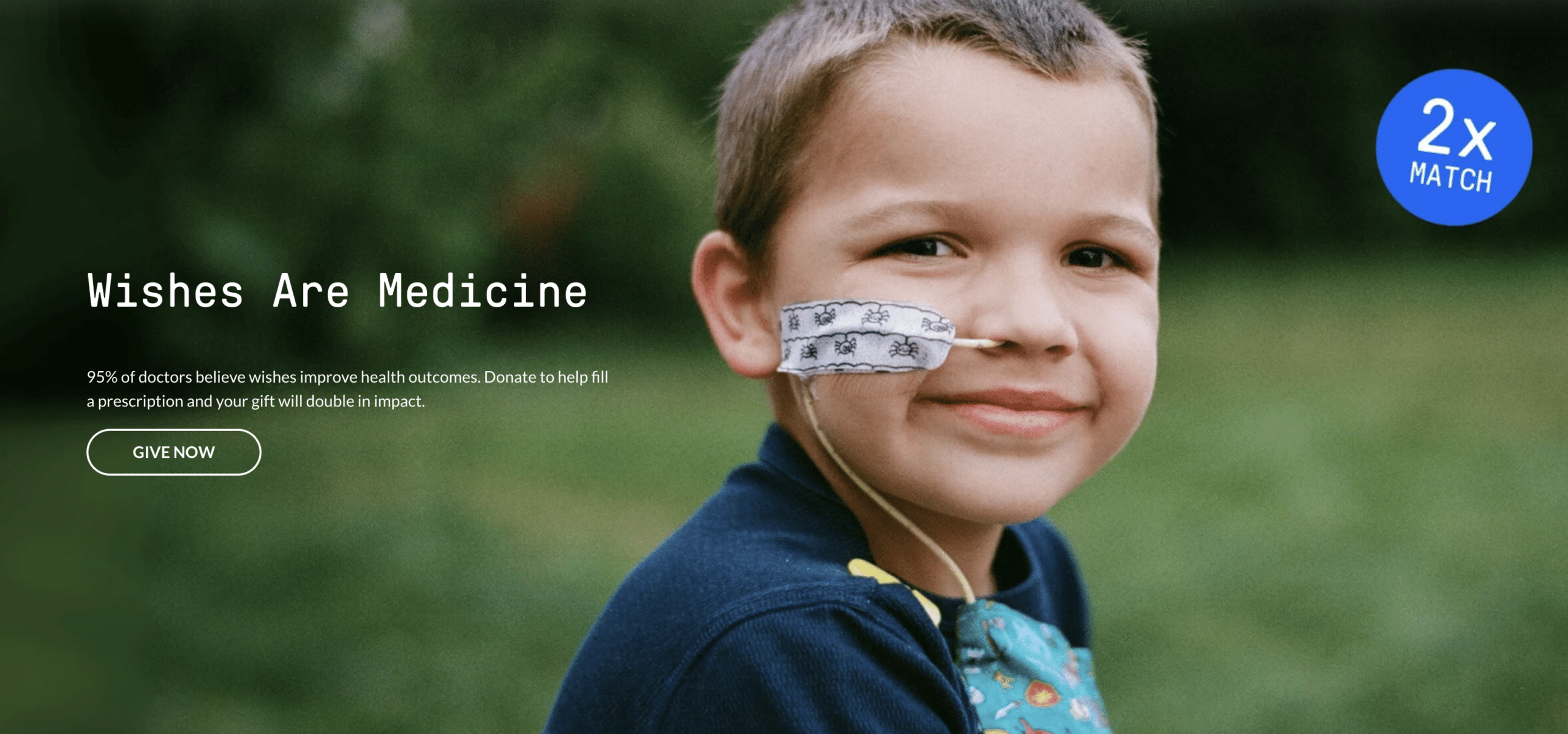Rogare report highlights burnout crisis amongst fundraisers
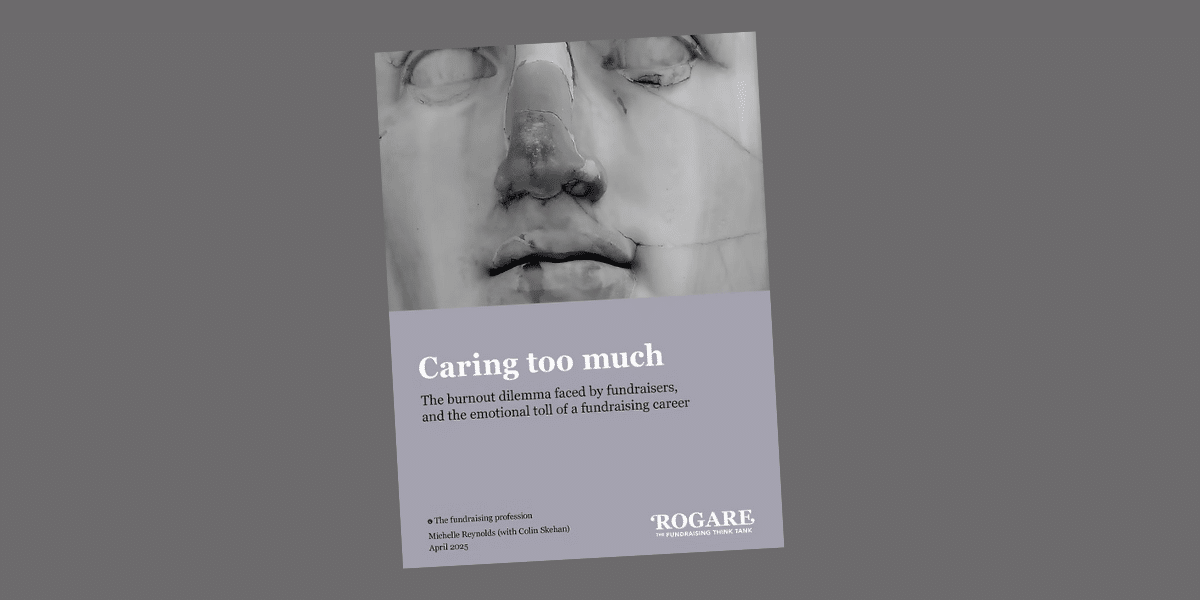
Research amongst fundraisers in Ireland has revealed the extent of the hidden trauma and burnout crisis in fundraising.
The research by Irish fundraiser Michelle Reynolds has been published by international fundraising think tank Rogare in the report ‘Caring too much: The burnout dilemma faced by fundraisers, and the emotional toll of a fundraising career’.
Reynolds found that fundraisers can, and often do, experience the same type of trauma as frontline charity workers. Through indirect exposure to real life factors that induce stress, such as via photographs, videos and personal stories, they can experience ‘secondary vicarious trauma’ (or secondary trauma).
The exploration of the emotional toll of a fundraising career was part of Reynolds’ Master’s degree in integrative counselling and psychotherapy with Turning Point and University College Cork.
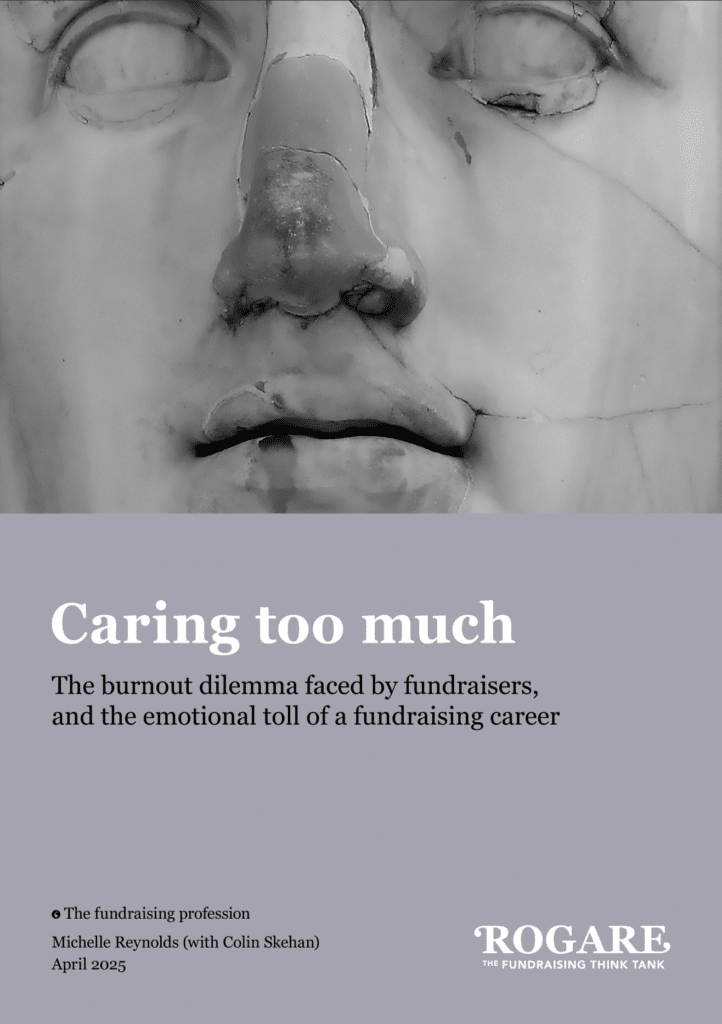
Four factors contributing to stress among fundraisers
In the Rogare report Reynolds highlights four factors that contribute to stress and burnout among fundraisers:
- Fundraisers feel they can’t say no to taking on extra work. Fundraisers’ inherent empathy (a trait that is often identified as necessary for successful fundraising) opens the door to emotional strain. Fundraisers interviewed spoke of the feeling that they do not have the option to say ‘no’ when asked to do more work, raise more money, or go the extra mile.
- Perception that the trauma and mental health issues experienced by fundraisers are “nothing” compared to those experienced by beneficiaries and frontline staff. Fundraisers frequently put others’ interests before their own, not just donors and beneficiaries, but also colleagues and their charity. They often downplay their own feelings as ‘nothing’ compared to the issues faced by beneficiaries or service delivery staff.
- Fundraising/charity leaders needs to tackle endemic burnout in the fundraising profession, which many have ignored for too long.
- There’s a sense of idealisation of fundraisers, an assumption that fundraisers can – and should – be able to ‘deliver the impossible’. Yet they simultaneously experience isolation and invisibility, often feeling unseen, unheard and unsupported at and by their organisations.
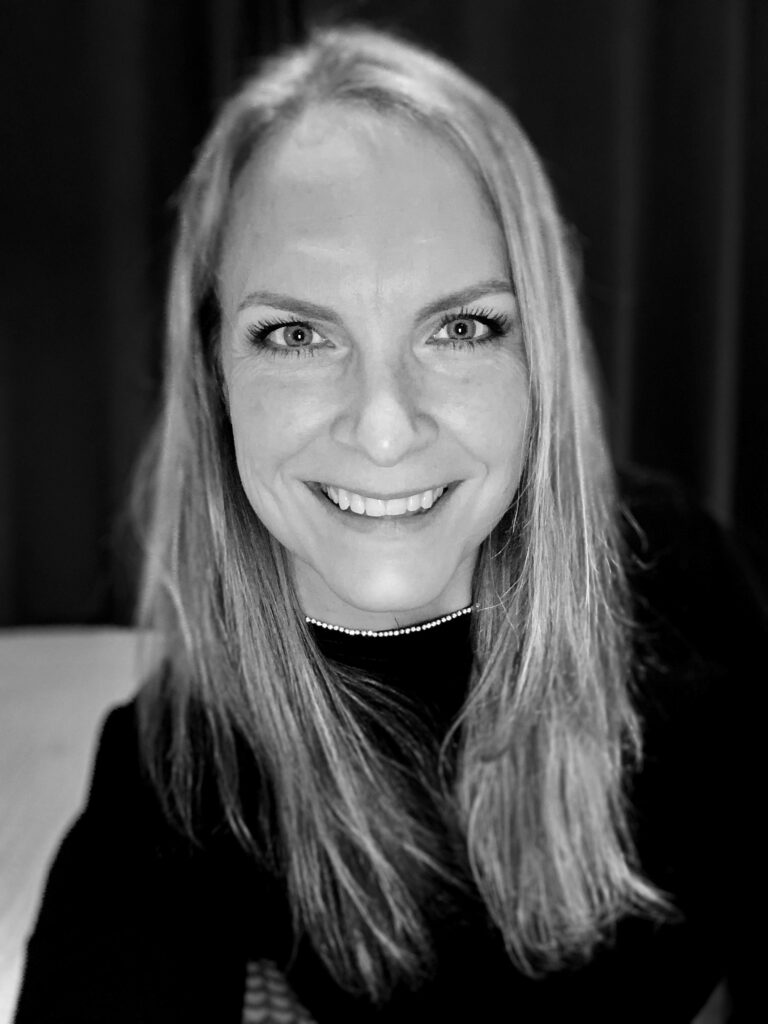
Fundraisers often encounter distressing situations, images and stories. They are necessarily dealing with information and experiences about some of the most distressing experiences people (and animals) experience – death, pain, grief, injustice, loneliness, and violence. They will have to explore many such cases and content before selecting the individual story that they judge might most effectively inspire supporters to give. They are skilled emotional storytellers who frequently have to process and then tell the most moving stories.
A career of doing this, and doing it well, can not surprisingly lead to burnout. If fundraising campaigns were about the statistics and data and not the personal stories told authentically, fundraisers’ lives would be much easier. But they are not.
Michelle Reynolds explains her research findings:
“Many fundraisers are so committed to their organisation’s mission that the intensity of work feels worth it. But this extra effort often comes at the expense of fundraisers’ mental health and wellbeing.”
Her report includes a call to charities’ leadership to do more to support their fundraisers and fundraising leaders.
“Charities need to do more to support their fundraisers. While fundraisers often put themselves forward to do more, it is impossible to ignore the concomitant cultural expectation and pressure from organisations and leadership that this is what fundraisers ought to do. In fact, perhaps this has been overlooked for too long.”
She recommended that:
“Fundraisers need to be empowered and enabled to hold boundaries around workload, to find their individual comfort level around exposure to others’ traumatic experiences, and resist the self-imposed yet seemingly reinforced-by-others belief that they must be ‘always on’ and put everyone else’s needs ahead of their own.”
Colin Skehan
Irish fundraiser Colin Skehan, now CEO at Revolutionise International, shared his experiences of a breakdown with Reynolds as a case study for her report.
He recounts his experience while working at Trócaire (which supported him) and as fundraising lead for the Irish Emergency Alliance. He felt like a “phoney”, and that anything he was going through was “nothing compared to the tragedy people faced in Türkiye and Syria” [where there had been an earthquake].
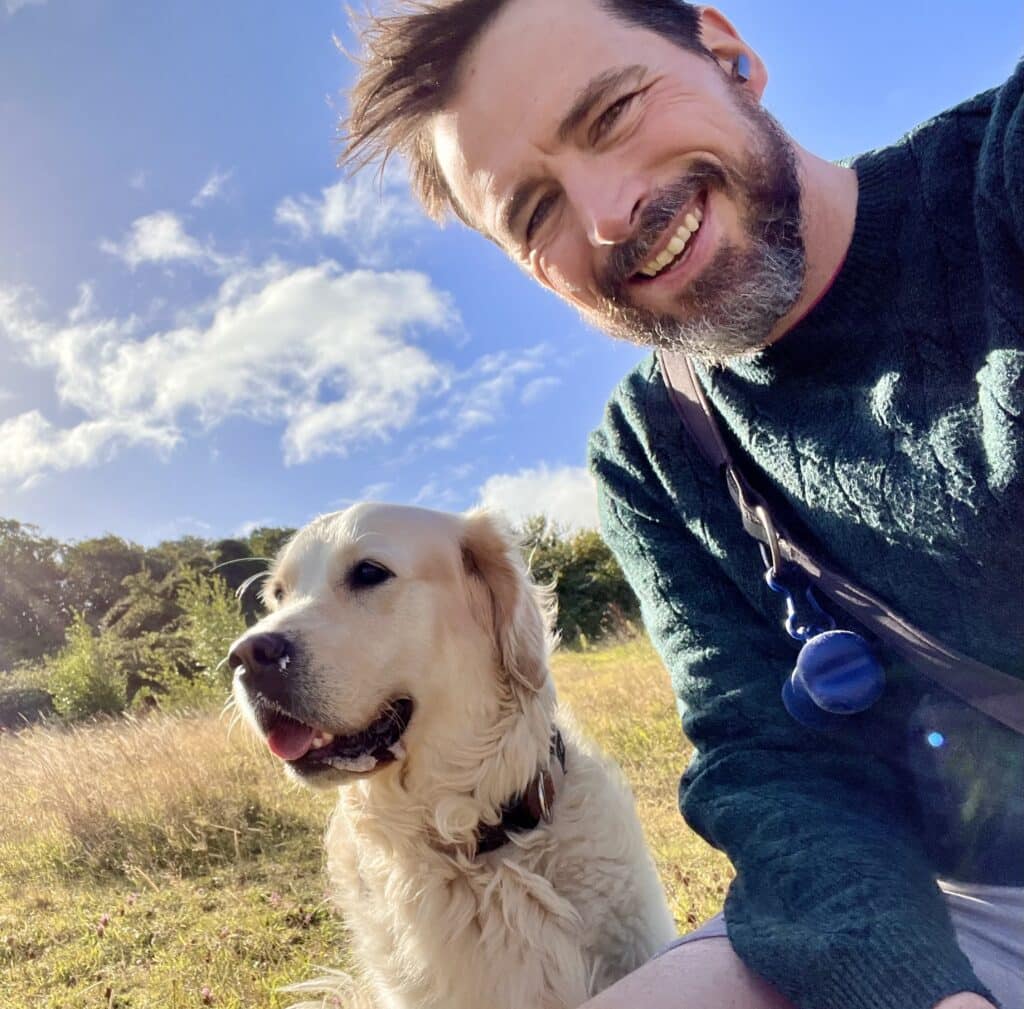
He went into his first meeting with his therapist thinking “I’m only a fundraiser. They must deal with frontline people who really deserve help.”
“Burnout is endemic in fundraising”
Rogare’s chair Damian Chapman, who is director of income generation at Money Advice Trust and a trustee of the Chartered Institute of Fundraising, says that burnout is “endemic in fundraising and not an anomaly – it is a silent and devastating crisis in the fundraising profession”.
In terms of resolving the crisis he proposes:
“The changes we need to put in place to deal with this crisis are not radical; they are the basic protections any profession should provide to those working on the frontlines of social good. Fundraisers are not an infinite resource. We cannot afford to keep losing them to burnout. We owe it to them – not just to keep them in the profession, but to ensure they can thrive within it.”
On behalf of Rogare he thanked Michell Reynolds for allowing the think tank to publish her work as “a crucial step in building the evidence base we need to make lasting change”.
He also thanked Colin Skehan.
“[His] courage in sharing his personal experience is a powerful reminder that these issues are not theoretical – they are real, lived experiences affecting people in our profession today. His willingness to speak out is invaluable in driving this conversation forward.”
Caring too much: The burnout dilemma faced by fundraisers, and the emotional toll of a fundraising career is available for free download from Rogare.
Michelle Reynolds
With 20 years’ cross-sector experience, Michelle Reynolds is an experienced nonprofit leader, board and sub-committee member, integrative psychotherapist, and executive coach, with a proven track record of fostering organisational growth, cultivating high-performing teams, and driving meaningful social impact. With particular experience in the children, family and human support services in the nonprofit space, Michelle has specialised in fundraising and communications, before moving into her current role as CEO of Anam Cara Parental and Sibling Bereavement Support in Ireland.
